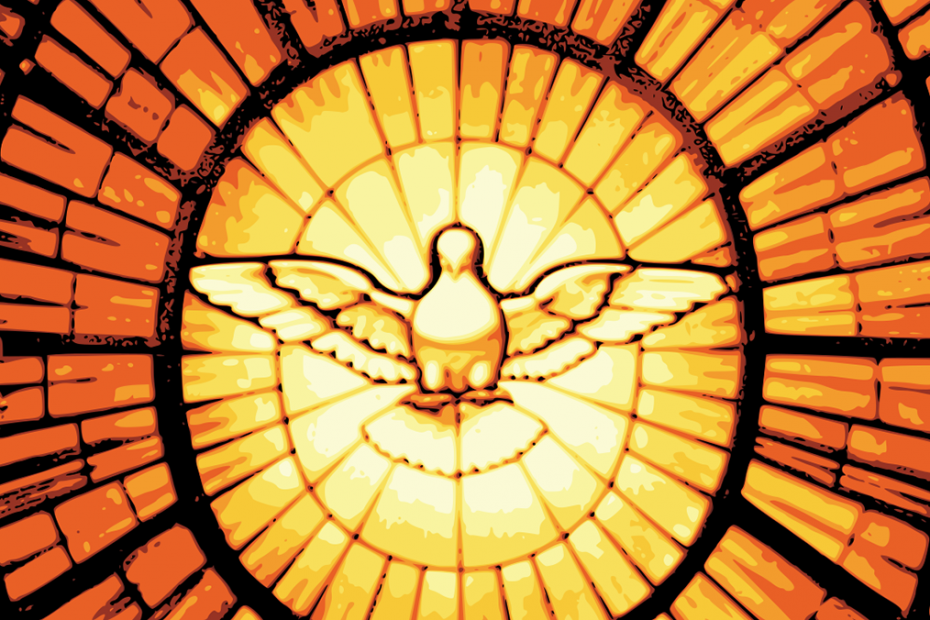In these days of preparation for the Assemblies of the Plenary Council of the Church in Australia the word ‘discernment’ is suddenly being bandied about everywhere. It is often misused as a substitute for ‘decision-making’ or ‘strategic planning’. Archbishop Costelleo addresses this in his paper A Journey of Discernment: The Plenary Council. Listening to what the Spirit is saying is at the heart of the process of discernment. This comes before making decisions or planning action and it operates at both the personal and communal levels.
Listening to what the Spirit is saying in and through the world is at the heart of contemporary Catholic Social Teaching’s approach of reading the signs of the times. In fact, you could say that reading the signs of the times is an expression of social discernment. This is true both for lay people taking action, and for Bishops who have the task of teaching. But what do we really mean by ‘signs of the times’?
The expression ‘signs of the times’ became mainstream in Catholic Social Teaching after the promulgation in 1965 of the Second Vatican Council’s Pastoral Constitution on the Church in the Modern World, Gaudium et Spes. Gaudium et Spes says that:
… the Church has always had the duty of scrutinizing the signs of the times and of interpreting them in the light of the Gospel. Thus, in language intelligible to each generation, she can respond to the perennial questions that humankind asks about this present life and the life to come, and about the relationship of the one to the other. We must therefore recognize and understand the world in which we live, its expectations, its longings, and its often-dramatic characteristics. (GS n 4)
The expression ‘signs of the times’ had also been used in Pope John XXIII’s encyclical Pacem in Terris, published in 1963. These teaching documents adopted the expression from Scripture. There are plenty of references in the Bible to signs, and to signs of the end times, however two passages are usually quoted in relation to signs of the times. They are Matthew 16: 1-4 and Luke 12: 51-59.
These passages point to the importance of the times, of history, and of interpreting or finding meaning in it. God reveals God-self in time and place: Jesus is the Lord of History. The Church must be in the world because this is where God comes to meet us. Scholar Massimo Faggioli stresses that: “the signs of the times reflect the recognition that there are facts of history that a credible presentation of the faith cannot dismiss without losing its credibility” (Massimo Faggioli, “Reading the Signs of the Times through a Hermeneutics of Recognition: Gaudium et Spes and its Meaning for a Learning Church”, Horizons, 43, 2016, p 338). Sometimes calls for the bishops, or church bodies, to say or do something on a particular issue may appear to be primarily about seeking validation and support for one’s own views, but there are also moments when silence undermines the credibility of our faith.
This ‘turn to experience’ and to a more historically conscious approach was a major development in Catholic theological ethics. We begin by reading the signs of the times, not in order to apply universal, timeless principles to them, but rather to discern with the help of the Spirit, God’s action in the world and God’s call to us. The text of history – or experience, or la realidad – is a source for the ongoing development of our Catholic Social justice tradition, including its formal teachings.
Catholic Social Teaching is not simply philosophical ethics. It is an exercise of practical theology and it embodies a spirituality of social discernment. God calls me, and you – and us collectively. Social discernment attends to God’s call to us and to our responsibility for the social, economic, cultural and political structures, processes and institutions that shape our lives together.
Reflecting on the discernment papers for the Plenary Council, it seems to me that several social or inter-group relationship level themes emerge: a desire for the Church to be close to, to serve, and to be inclusive of the poorest and most marginalised; the need for effective recognition of the equal dignity of women and men within the Church; greater attention to promoting an integral ecology; and a desire for deeper faith formation, including in the social dimension of the mission of the Church. This social discernment could become the basis for decision making and strategic planning.
Dr Sandie Cornish Publications and Research Officer Office for Social Justice
